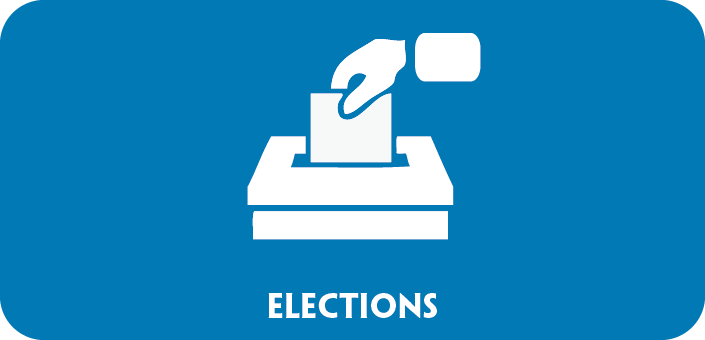AT THE beginning of the year, Africa was scheduled to have presidential or general elections in 19 (35%) countries. A total of 180 million eligible voters were expected to make their mark.
This was a test for democracy and institutional capacity to successfully provide oversight and ensure smooth transitions, given that since 2020 Africa has experienced seven coups.
In 2020, there were military coups in Guinea, Burkina Faso and Mali. The following year, Chad’s army came to power. And in 2023 there were coups in Niger (July), Gabon (September) and a failed coup in Guinea-Bissau (NovemberDecember).
These coups were supported mostly by the youth. The reasons for the rise of coups in places that had previously embraced multi-party elections include the failure of the governing elites to create an inclusive framework for development, France’s influence on fiscal policy in most of her former colonies and struggling economies.
Over the past five years few countries achieved GDP growth higher than 5% and formal sector employment remains a rarity for youths graduating from universities. The number of Africans trying to migrate out of the continent in search of greener pastures is on the rise.
Latest data from the World Migration Report suggests that there are about 43 million African migrants overall, with 21 million living in another African country. By the end of 2023 it seemed as if electoral democracy had come to its premature collapse in Africa.
Beyond the coups, several studies were beginning to point towards a waning influence of democracy, especially among the youths. Youths (people under the age of 25) make up 60% of the population, making them the biggest voting cohort.
According to an Open Society Foundation study, African youths are less likely to vote, participate in community meetings or contact political leaders compared to those older than 35. According to research by Marjoke Oosterom (2023), young people are frustrated with their ageing leaders and that democracy has not delivered, in particular with respect to generating decent employment.
It is against this background that the elections of 2024 gave democracy another chance. Peaceful elections that led to change occurred in Botswana, Ghana, Senegal and South Africa, where the ruling ANC lost its majority for the first time.
The elections in Namibia led to the ascension of a female president. Election-related upheavals are to be expected in regions where governments have repeatedly failed to deliver on their promises. For example, Mozambique has experienced civil unrest since the election results were announced.
Democracy has its enduring supporters; there is a desire among African regional bodies such as the African Union and sub-regional bodies such as the Economic Community of West Africa States, Southern African Development Community and East African Community to ensure that multiparty democracy thrives.
The AU and sub-regional bodies have invested significantly in developing best practice guidelines on the holding of free and fair elections. Election monitoring and observing has grown as a practice across Africa. But democracy is costly.
The average price of an election in Africa — $4.20 per capita — is twice the world’s average and higher than the $4 spent in Europe, North America and Australia. Estimates show that Sub-Saharan Africa spent almost $50 billion on polls from 2000 to 2018.
Despite delivering very little in terms of change, the elections are also a huge drain on the fiscus. But holding elections is not enough. According to Afrobarometer, the number of citizens in Africa with little or no confidence in their national electoral commission rose from 41% to 55% from 2011-13 to 2021-23.
Elections should not be a ritual of changing power among elites; the electorate is impatient for change. In many instances voters have demonstrated their displeasure with incumbent parties for their failure to ensure economic growth and improve livelihoods.
At first glance it seems ideological differences no longer exist, given the collapse of Eastern Europe or the Soviet bloc in terms of the ideologies they used to pursue. It may seem as if there is a new consensus that development is going to be carried out using the tools of the West, which is capitalism.
But further analysis beyond the surface suggests there are huge ideological concerns and differences across political parties, usually between incumbents and opposition political parties. Opposition politicians have mostly sold a new utopia of an effective government with adequate resourcing and autonomy to quickly transform economies. — M&G




